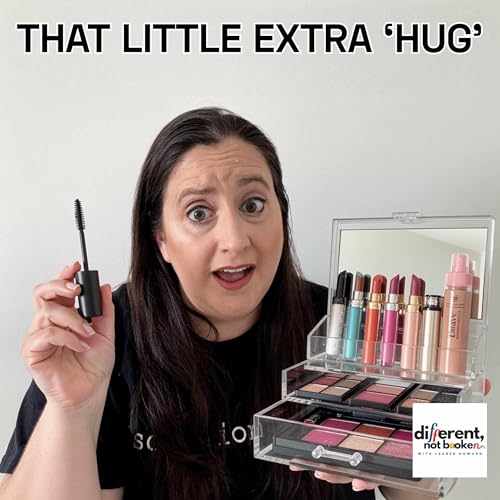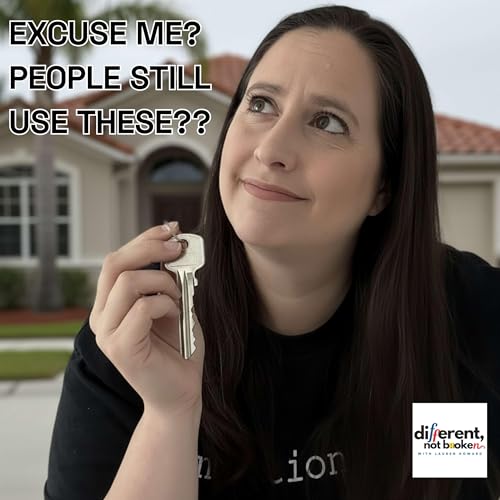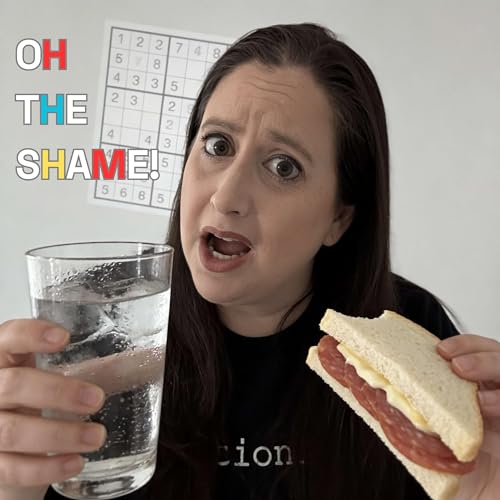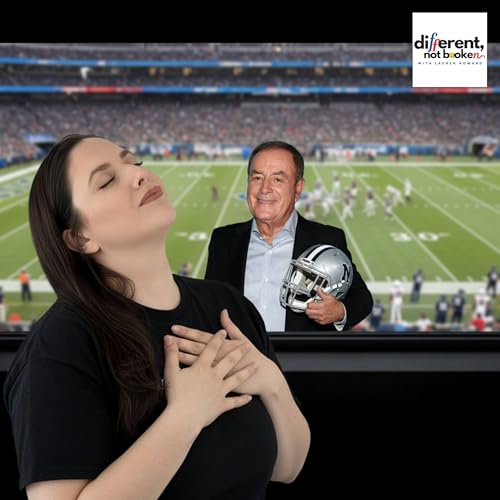I didn’t want to have this rant.
I’m tired of needing to have this rant.
Hi, I’m Lauren Howard. You can call me L2. Like other people do.
In this episode of Different, Not Broken, I talk about ICE raids, fear, and what it feels like when people are genuinely afraid to exist in their own communities.
I tell a personal story about someone I rely on every day being too scared to drive six minutes across her own neighbourhood — despite being a citizen — because ICE was crawling the area. And I unpack why “just comply” is a lie that doesn’t protect people when power isn’t being exercised responsibly.
This episode is about fear that makes sense, exhaustion that isn’t a personal failure, and why mental health can’t be separated from the political reality we’re living inside.
Later in the episode, I’m joined by Myah Knight for a deeper conversation about queer faith, religious trauma, and the kind of community people need when institutions become unsafe.
You’ll hear:
Why fear is a rational response to what’s happening right now
Why “just comply” doesn’t actually keep people safe
How power shifts the goalposts until you’re always in the wrong
What allostatic load is and why you’re exhausted even when you’re not doing much
How queer faith and community can exist alongside religious trauma
Why needing support doesn’t mean you’re broken
Once you’ve been inspired to brag, here’s where you can do it!
https://differentnotbrokenpodcast.com/voicemail
Useful stuff
Stuff that helps you become awesome even if you’re different: https://stan.store/elletwo
My grown up job: https://lbeehealth.com/
Chapters / Timestamps
00:00 – Why I’m talking about ICE and fear
01:06 – Being too scared to drive six minutes
03:20 – Why “just comply” doesn’t protect you
06:37 – What federal overreach actually looks like
10:00 – Fear, abuse dynamics, and moving goalposts
15:45 – Why you’re exhausted even when you’re doing nothing
19:50 – Why I wanted Myah in this conversation
20:30 – Queer faith, religious trauma, and healing
37:25 – Small Talk listener question: dissociation or burnout?
40:15 – What I want you to hear before you go
Mentioned in this episode:
Wanna sponsor this podcast
http://differentnotbrokenpodcast.com/sponsors
Sponsor Different Not Broken
Brag on yourself
Wanna brag on yourself for something you've done which you're proud of? https://differentnotbrokenpodcast.com/voicemail
Build Your Better course
Build your better course - https://stan.store/elletwo/p/build-your-better
Join Quirky
 22 分
22 分 2026/02/144 分
2026/02/144 分 20 分
20 分 4 分
4 分 44 分
44 分 22 分
22 分 26 分
26 分 41 分
41 分
